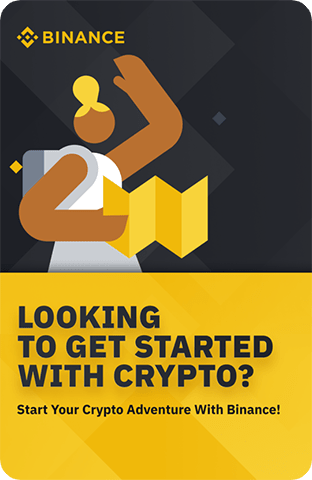Decentralized Finance (DeFi)
 Decentralized Finance (DeFi)
Decentralized Finance (DeFi)Decentralized Applications dApps: The Key to a More Secure Future

Recent news

Popular today
Partner links

Join our newsletter
By submitting my information, I agree to the Privacy Policy and Terms of Service.
Decentralized finance, or DeFi, is a new financial paradigm that uses distributed ledger technologies (DLT) to provide services like trading, lending, and investing without the use of traditional centralized middlemen. It’s a world where you can borrow, lend, trade, and invest without ever seeing a bank or broker. How does it function? Let’s see what happens.
DeFi’s system is built on blockchain technology and uses smart contracts to complete transactions. These are self-executing contracts that have their terms put directly into the code, assuring transparency and immutability.
The DeFi Stack Reference (DSR) concept is divided into three layers: settlement, applications, and interfaces. The settlement layer completes transactions, the application layer executes smart contracts, and the interface layer facilitates user engagement.
DeFi provides a wide range of financial services, from decentralized exchanges to lending protocols and derivatives. Aggregators take advantage of the fact that smart contracts may be “composed” by combining them with different protocols to provide unique financial services.
Potential and challenges: DeFi offers up new avenues for competitive financial markets, resulting in increased efficiency. It does, however, increase technological and economic complexity, making risk assessment harder.
Interoperability and future research: The BPI paper presents an overview of DeFi, detailing the technical aspects, establishing an interdisciplinary agenda for future study, and showing the financial protocols.
A new financial ecology is emerging: DeFi is a financial ecosystem built on technology that does not require a central organization to function. It is defined as competitive, contestable, composable, and non-custodial.
Risks and benefits: While DeFi provides novel financial solutions, it also introduces potential sources of systemic risk. It is critical for both financial institutions and individual individuals to understand these risks.
DeFi is more than a buzzword. It is a financial industry transformation. It democratizes access to financial services by decentralizing financial activities, letting anybody with an Internet connection to engage in a global financial ecosystem.
Whether you’re an investor looking for new opportunities or simply interested about the future of finance, DeFi provides a glimpse into a world where individuals, not institutions, have financial authority. It is an interesting, complex, and rapidly changing field that has the potential to transform our financial landscape. Investigate, learn, and become a part of the DeFi revolution.
The material of provides thorough historical information and discusses a strategy for meeting new requirements while preserving the benefits of the initial Ethereum implementation. It also goes through the emergence of smart contracts and the use of Cryptlets to give flexibility and scalability.











